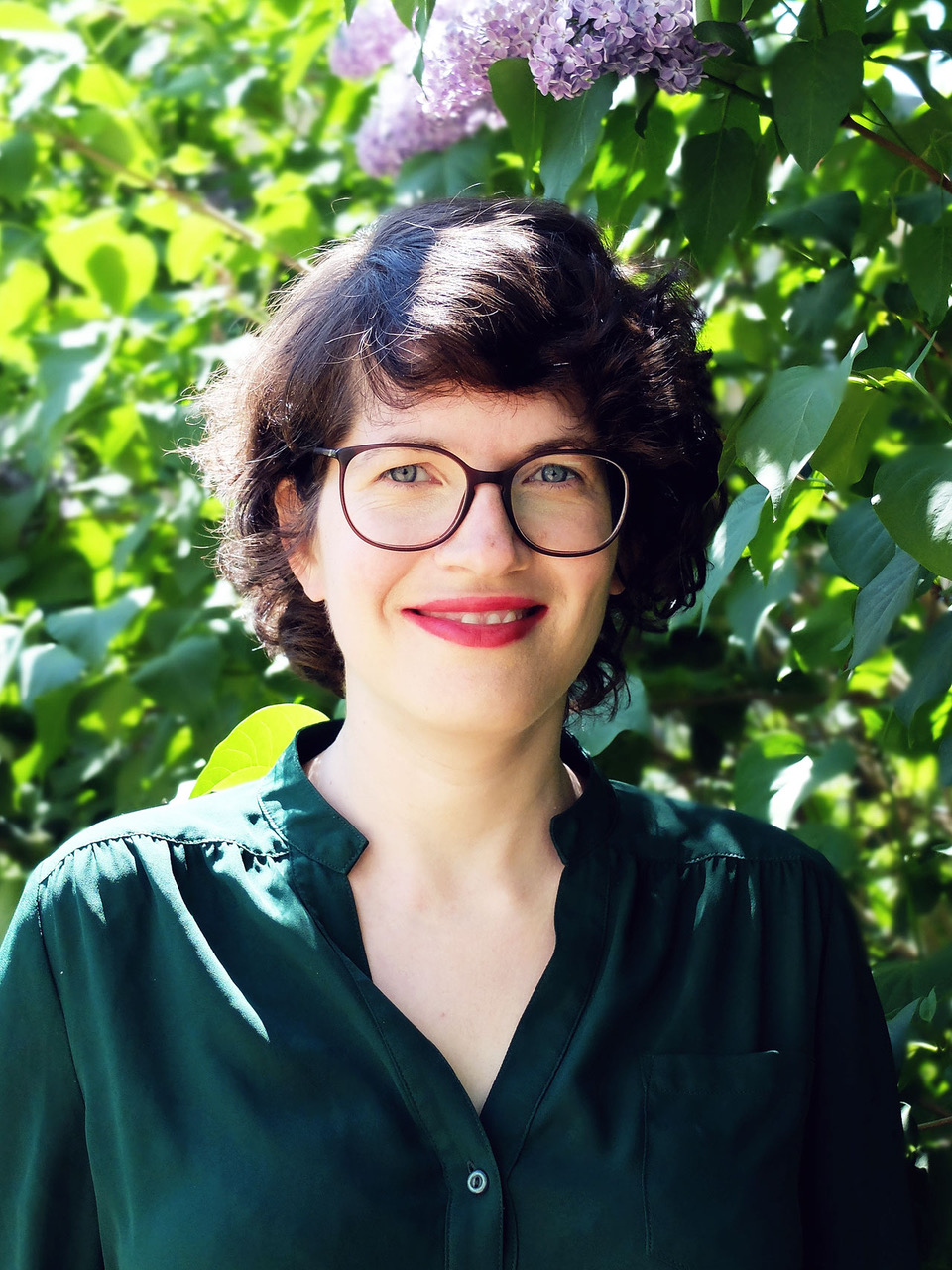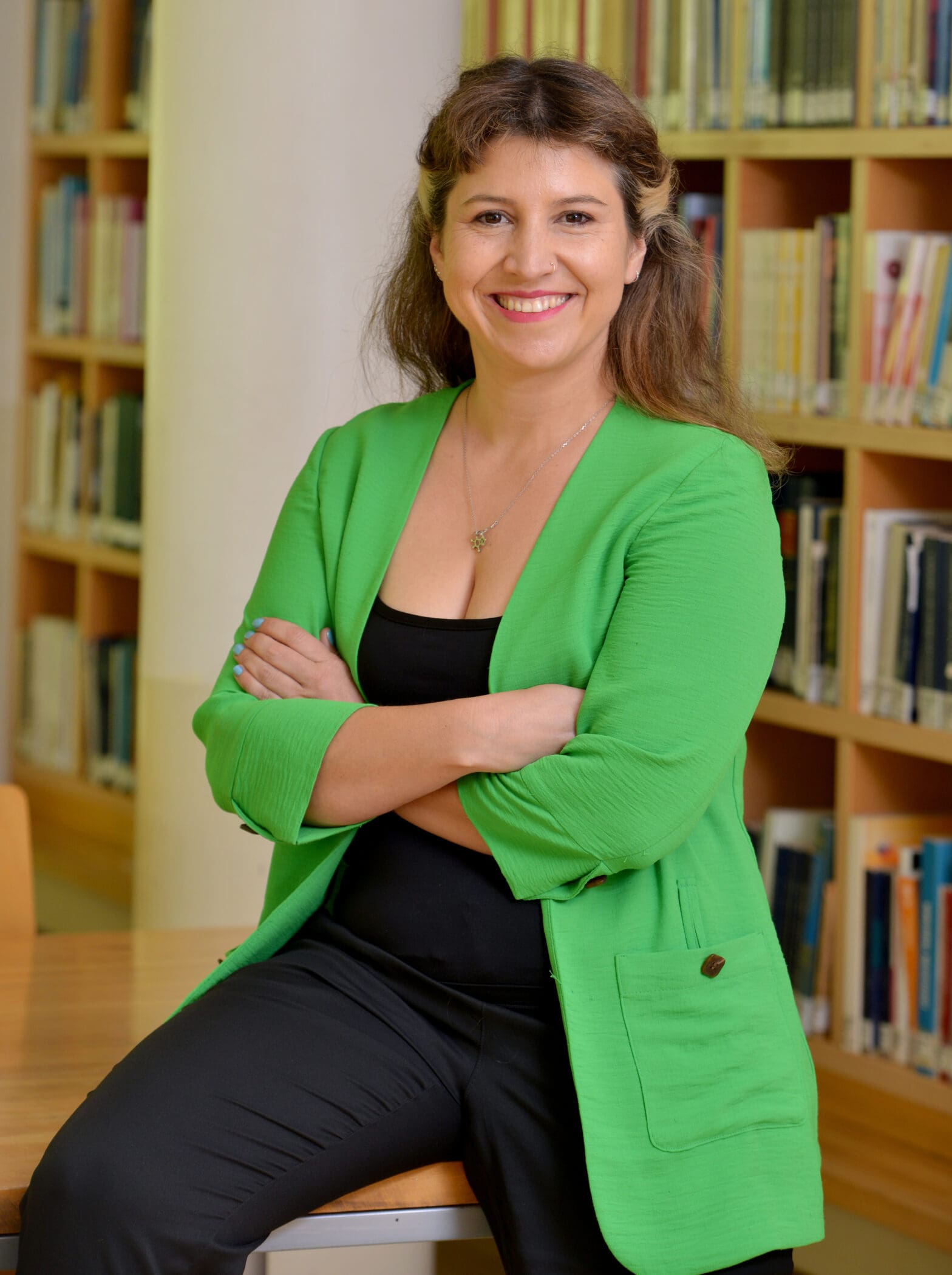John Plass is a graduate student working in the Visual Perception, Cognition, and Neuroscience and Cognitive Neuroscience Laboratories in the Department of Psychology at Northwestern University. Broadly speaking, he is interested in perceptual inference, attention, and awareness. His recent work has focused on processes underlying audiovisual integration and multisensory body perception. His interest in meditation …
Search results for:
neuroscience
Chivon Powers
Chivon Powers is a postdoctoral scholar working on the Shamatha Project with Dr. Clifford Saron at UC-Davis. She specializes in analysis of task-related electroencephalogram (EEG) oscillatory patterns as indicators of change in attention and other aspects of cognition. She is currently analyzing data from experienced meditators before, during, and after an intensive 3-month Shamatha meditation …
Anne Harrington
Anne Harrington, PhD, is Professor and Acting Chair of the History of Science at Harvard University, specializing in the history of psychiatry, neuroscience, and the other mind and behavioral sciences. Professor Harrington received her PhD in the History of Science from Oxford University, and has held postdoctoral fellowships at the Wellcome Institute for the History …
Making the right choice: Combining neuroimaging, computational modelling, and first-person report methodologies to unveil neural mechanisms of human flourishing
While the combined use of computational modelling and experimental techniques in neuroscience has been fruitful for studying decision-making, it has mostly focused on general principles of reward-based decision-making and has not been utilized to examine wider implications for human well-being. On the other hand, the emerging field of positive psychology has provided a framework for …
Kristina Eichel
Kristina Eichel did her PhD in Psychology at University of Cologne in 2016. She studied error detection and mindfulness with EEG. In 2016, she worked in the Social Cognition Center Cologne on social comparison, envy and mindfulness. From 2017 to 2019, Kristina worked as Postdoc at Brown University researching emotion-, attention- and self-related processing as …
Mechanisms of Meditation and Consequences for Clinical Practice
Mindfulness and meditation are increasingly used in clinical practice to treat conditions such as depression, anxiety and addiction. However, the fundamental mechanisms underlying these practices are not yet well-known and theoretical frameworks are sparse. Two important explanatory mechanisms that will be considered in this workshop are sticky thinking (cognitive fusion) and the sense of self. …
Continue reading “Mechanisms of Meditation and Consequences for Clinical Practice”
Melike Fourie
Melike has been fascinated with the brain from an early age, realising that this remarkable organ holds the key to our dreams and creativity, but also our fearsand prejudices. Her research interests fall within the domains of social psychology and social neuroscience. Specifically, her research focuses on intergroup relations and identifying the factors that affect …
Karen Fitzgerald
Karen is a PhD Neuroscience student at the University of Cape Town, South Africa. Her current PhD project tested the hypotheses that attention and well-being can improve in novices with mindfulness meditation training. Her study investigated changes in brain activity associated with attention after mindfulness training, as well as cortical volume, thickness and surface changes …
Constanza Baquedano
Constanza Baquedano Larraín earned her degree in Biochemistry at the University of Santiago de Chile, her Master’s degree in Neuroscience at the Pontifical Catholic University of Chile, and her dual Doctorate in Neuroscience through a joint supervision between the Claude BernardUniversity Lyon 1 in Lyon, France, and the Catholic University of Chile. Dr. Baquedano researches …
Antoine Lutz
Antoine Lutz, PhD is an Associate Scientist at the Laboratory For Functional Brain Imaging and Behavior at the Waisman Center in the University of Wisconsin-Madison. His research interests focus on the role of large-scale neuronal integration (neural synchrony mechanisms) during various mental states (voluntary attention, emotion generation) and on the impact of standard meditation techniques …





